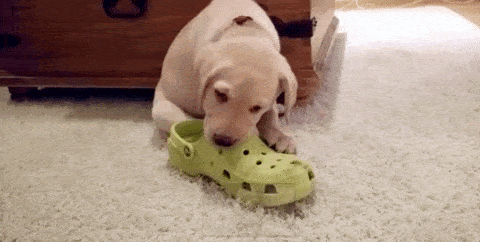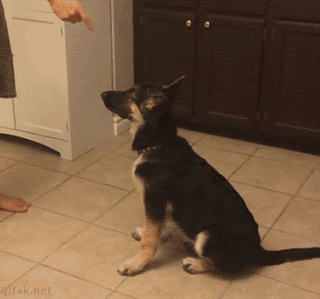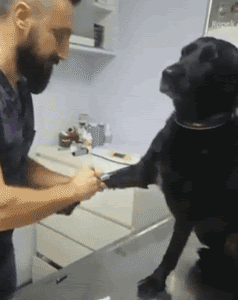Happy new year readers! 2021, a year much awaited, especially after the one we have just had! Having spent the majority of the past year with our pets, it is only natural our new year’s resolution have something to do with them, starting with good parenting. So, here are five tips to good pet parenting.

1. Getting your home ready for a furry baby
Bringing home a pet means letting them have the run of the entire house. A house where they can have access to everything from the trash cans to chemicals, cleaning agents, clothes and shoes. So before you get a new pet home, make sure your trash cans and toxic cleaners are behind closed doors. Make sure your pet has plenty of essentials to play with, such as dog chew toys and cat scratching posts and that they are bigger than the size of their head for the fear of choking hazard.

2. Learn How to Create a Pet-Friendly Schedule
Schedules and set routines are an excellent way to encourage desired behavior. A regular routine, especially one that begins as soon as they are introduced to you and your new home will benefit not only them but will also make your life easier. Potty training is extremely important. Depending on the kind of lifestyle you live, you can train your baby to go potty i n your bathroom or out on walks. How often the bathroom breaks occur will mostly depend on the age of your new pet. Puppies and kittens (a few months old and younger) will urinate more often due to their small bladders and may need some assistance and encouragement. If an “accident”should occur, don’t fret. Simply clean the spot and show the animal where their “potty” is located.
You must also keep i n mind the kind of flooring i n our homes are generally tiles and your pet is more than likely to slip on them while playing. As they age, this might cause issues and traumas so playtime should also be regulated to either outside or to a specific carpeted area in the house.

3. Choose a Quality Diet
Feeding pets a complete and balanced diet i s a vital part of keeping them happy and healthy for years to come. Nutritional needs will vary depending on the pet’s life stage. For instance, the nutritional needs of a growing puppy or kitten are much different than those of a sedentary adult.
A pet’s nutritional needs may change during his or her senior years. Consult your veterinarian to see what diet is best for your pet’s specific life stage and lifestyle.

4. Focus on Positive Training/Watch for Behavior Issues
Be consistent with training from the beginning, but keep it positive. If you encounter any major behavioral issues, consult a veterinarian. He or she can help identify if it’s related to an underlying health issue and, if not, may have good recommendations for local pet trainers or behaviorists who can help you resolve the issue.
As a young animal, make sure to handle your pet. Get them used to you touching their ears, feet, teeth, belly etc. This helps i n making the doctor visits easier and less stressful. One other common problem you may be able to prevent early on i s separation anxiety. Many new pet
parents unknowingly encourage such behavior. You can help prevent this anxiety by leaving your new pet alone with a fun toy for a few minutes every day and gradually increasing their “alone time.” Begin this routine on the first day you bring your pet home. Mouthing is also a vice that you need to train your pet out of. As babies, they tend to mouth due to teething, but if allowed to continue, it becomes a habit which can get dangerous.

5. Make a Veterinarian Your #1 Health/Care Resource
In many ways the veterinarian will be your most trusted advisor and the person you’ll rely on the most when you have questions. Need advice on dog or cat food? Consult your vet. Not sure if you should neuter or vaccinate your pet? Consult your vet. Is your pet vomiting or scratching?
Consult your vet. Veterinarians have a wealth of knowledge and experience taking care of animals, and they truly care about the well being of your pet. So be sure and visit on a regular basis — at least once a year for the annual checkup.

But most importantly, love, compassion and care makes for a good base for pet parenting. So focus on that, and keep in mind the best for your baby and you will ace it!

